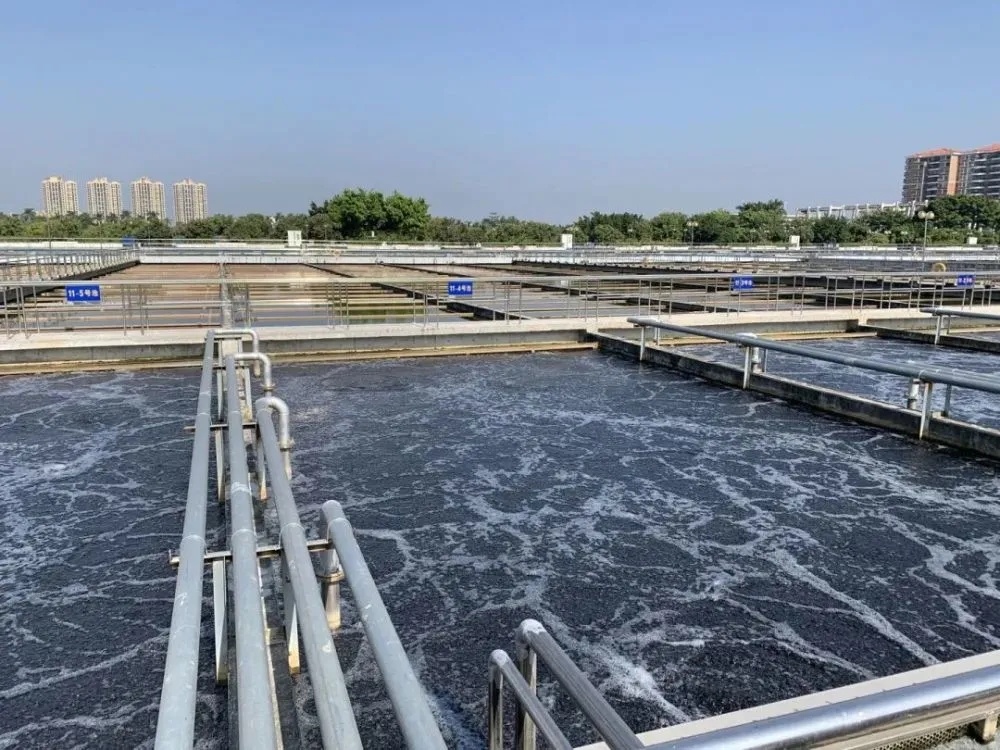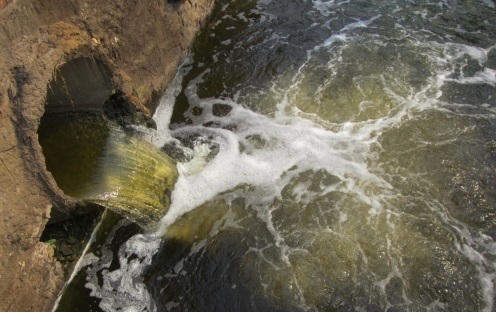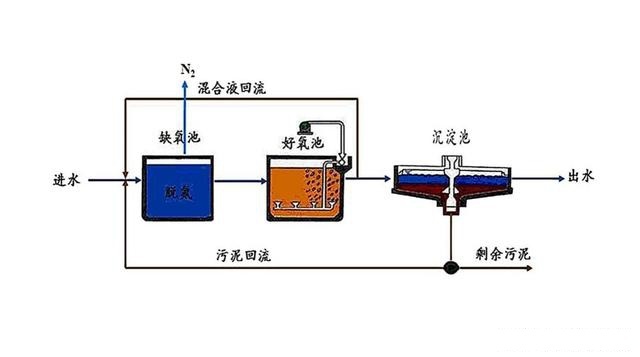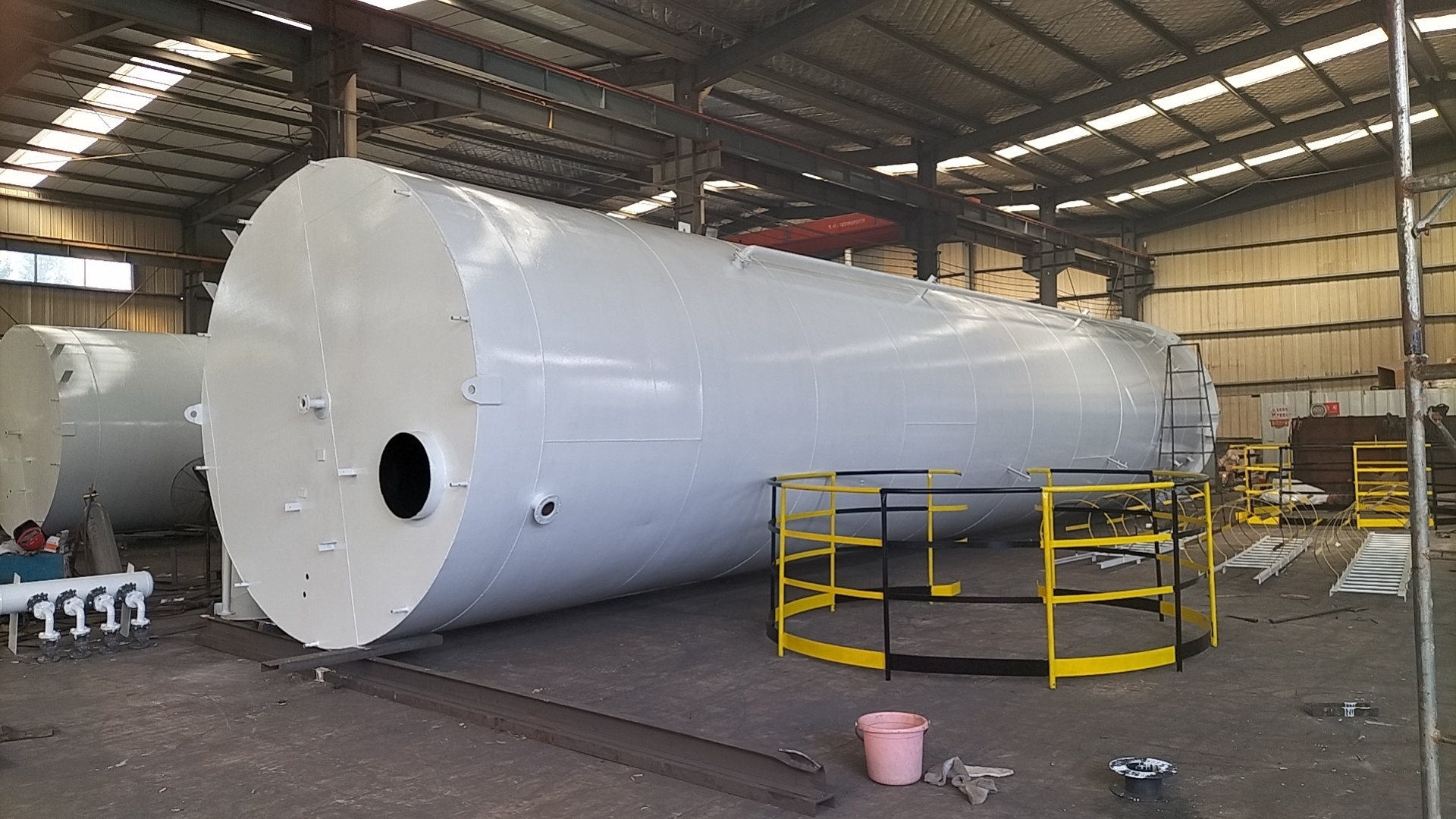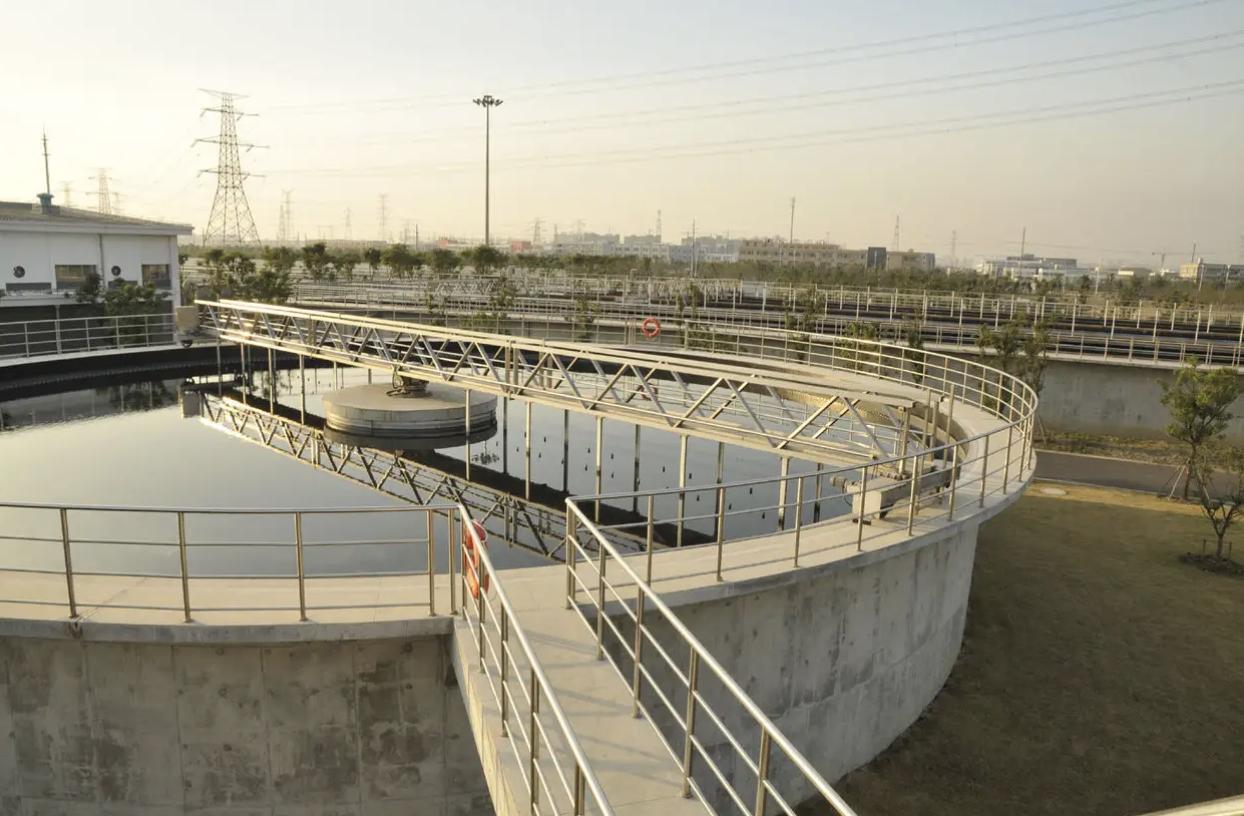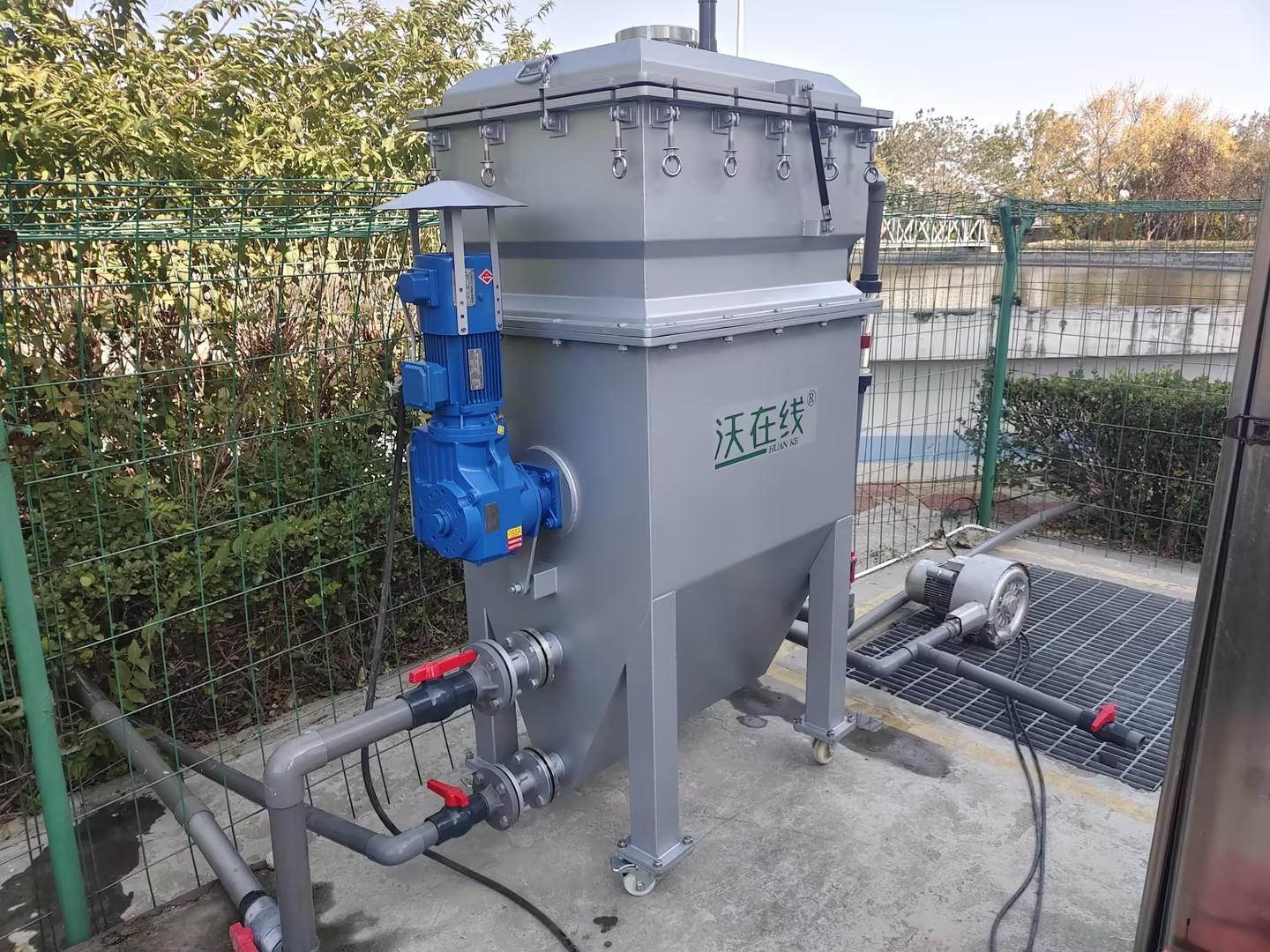What is advanced oxidation technology?
2024-01-12
Advanced oxidation technology, also known as deep oxidation technology, is based on the use of electricity, light irradiation, catalysts, and sometimes combined with oxidants to produce highly active free radicals (such as HO) in the reaction. Through the addition, substitution, electron transfer, and bond breaking between free radicals and organic compounds, large molecules of difficult to degrade organic matter in water are oxidized and degraded into low toxic or non-toxic small molecules, and even directly degraded into CO2 and H2O, The current advanced oxidation technologies for near complete mineralization mainly include chemical oxidation, electrochemical oxidation, wet oxidation, supercritical water oxidation, and photocatalytic oxidation.
查看(kàn)詳情The Future Development Trends of High Concentration Wastewater Treatment
2024-01-10
The problem of treating high concentration organic wastewater is widely recognized as a difficult problem in current world sewage treatment. The so-called high concentration wastewater refers to wastewater with high concentration, high salt content, and high difficulty in degradation. The composition of water quality is complex, with high organic matter content.
查看(kàn)詳情Summary of AO process operation control indicators
2024-01-08
The operation of sewage treatment requires the reasonable regulation of numerous control parameters, only in this way can the normal and efficient operation of the treatment process be guaranteed. This article provides a detailed introduction to the control of the main parameter indicators of AO (denitrification) process.
查看(kàn)詳情Key points for sludge addition and start-up in anaerobic reactors
2024-01-05
The start-up of anaerobic reactors usually requires the addition of anaerobic granular sludge, with an inoculation amount of approximately 10-15%. However, many environmental protection companies, in order to save costs, will require on-site debugging personnel to use activated sludge to domesticate granular sludge.
查看(kàn)詳情Comprehensive Explanation of the Principles of Anaerobic Wastewater Treatment
2024-01-03
In the process of sewage treatment, anaerobic biological treatment of wastewater is also known as anaerobic digestion or anaerobic fermentation in the early stages; It refers to the process in which organic matter is decomposed and produces CH4 and CO2 under anaerobic conditions by the combined action of multiple (anaerobic or facultative) microorganisms.
查看(kàn)詳情Evaluation and selection of pretreatment process before ultrafiltration
2024-01-02
If the pollutants in water are mainly microorganisms and particulate matter, usually only a small amount of pre-treatment measures are needed before ultrafiltration. Generally, pre filters (100-300) are installed upstream of the ultrafiltration process μ m) Removing larger particulate matter is sufficient, such as using self-cleaning filters, bag filters, filter cartridges, or disc filters.
查看(kàn)詳情Huanke Environmental Protection Technology
HOTLINE:
Address:Gongye 1st Street, Weicheng District, Weifang City, Shandong Province China
Contact:Zhang Gong
Phone:+86-18865361829
Email:sdhuanke@163.com


Consult
Copyright © 2023 Shandong Huanke Environmental Protection Technology Co., Ltd


